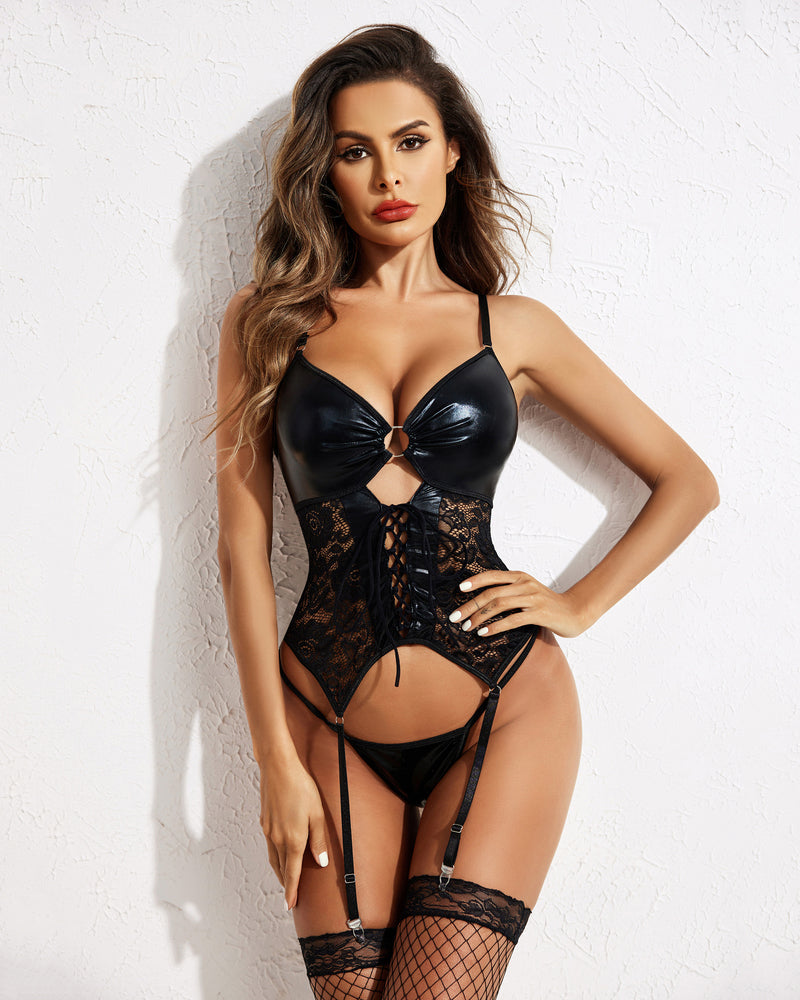The Evolution of Lingerie: How Styles Have Changed Over the Decades
Cuerpo
Lingerie has long been a symbol of femininity, comfort, and style. Over the decades, the evolution of lingerie reflects broader societal changes, including shifts in fashion, women's rights, and cultural attitudes towards body image. This article delves into the fascinating history of lingerie, exploring how styles have transformed from the restrictive garments of the past to the diverse and inclusive options available today.

Early 20th Century: The Birth of Modern Lingerie
In the early 1900s, lingerie was characterized by corsets and petticoats, which were designed to shape the female form according to the fashion of the time. Corsets were often tightly laced, creating an hourglass figure that was deemed desirable. However, as women began to advocate for more freedom and comfort, the introduction of the brassiere in the 1910s marked a significant turning point. This new undergarment provided support without the constriction of a corset.
1920s to 1940s: The Flapper Era and Beyond
The 1920s ushered in a new era of liberation for women, and lingerie evolved accordingly. The flapper style favored a more boyish silhouette, leading to the popularity of bralettes and slips. These garments were designed to be less restrictive, allowing women to move freely. During World War II, practicality took precedence, and lingerie became simpler and more functional, with an emphasis on comfort.
1950s to 1970s: The Rise of Feminine Elegance
The post-war era saw a resurgence of femininity in lingerie. The 1950s introduced the iconic bullet bra, which accentuated the bust and was often paired with high-waisted panties. This decade celebrated the hourglass figure, and lingerie became a key component of a woman's wardrobe. By the 1960s and 1970s, the feminist movement began to influence lingerie design, leading to the emergence of more practical and comfortable styles, such as pantyhose and sports bras.
Modern Lingerie: Diversity and Inclusivity
Today, lingerie encompasses a wide range of styles, sizes, and materials, reflecting the diverse needs and preferences of women worldwide. From luxurious lace to breathable cotton, the options are endless. Brands are increasingly focusing on inclusivity, offering a variety of sizes and designs that cater to all body types. This shift has empowered women to embrace their individuality and express themselves through their choice of lingerie.
Conclusion: The Future of Lingerie
As we look to the future, it is clear that lingerie will continue to evolve. With advancements in fabric technology and a growing emphasis on sustainability, the next generation of lingerie may prioritize both comfort and environmental responsibility. Whether you prefer classic styles or modern designs, the world of lingerie offers something for everyone.
For those interested in exploring the latest trends in lingerie, visit to discover a wide range of options that celebrate both style and comfort.







Comentarios